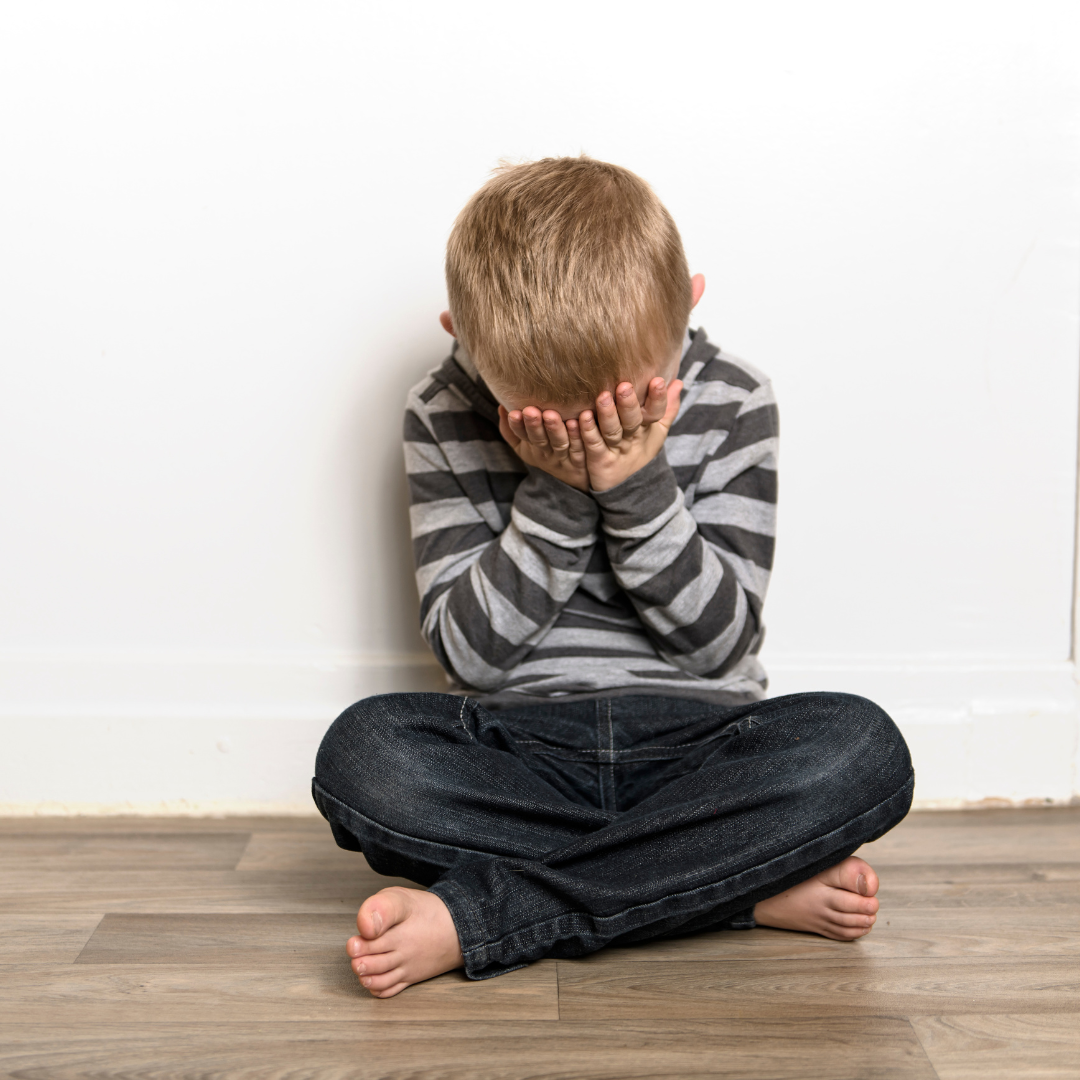Anxiety in kids
Today is R U Okay day and we thought we would take this opportunity to talk about anxiety in kids. While feelings of fear and nervousness are the body’s natural response to stress, anxiety can be a problem for kids when it affects their daily life.
Sometimes children may feel anxious about wearing an eye patch, especially if they need to go to school or be somewhere in public. This might be because they feel different or are worried about what people might think. To help with this it is helpful to patch in an environment where the child feels comfortable. As they build up confidence and understand why they need to patch, they will build confidence in patching in public places. To help reduce anxiety about patching, we've created fun designs and motivational posters that get kids excited about wearing a patch!
What is anxiety?
Anxiety is caused by an overactive "fight or flight" response and results in kids excessively and persistently worrying about everyday situations in the past, present and future. This may include going to school, being called on in class or playing with their friends. It can be a result of genetics, chemical imbalances in the brain, life situations or learned behaviours and each child's experiences are unique.
What are the symptoms?
Kids with anxiety may refuse to talk about how they're feeling or have physical reactions to situations that they fear. This can affect their heart rate, muscles, nerves and digestion. Some of the main symptoms include:
- Feeling excessively restless or irritable
- Obsessive hypothesising about situations and relationships
- Hot and cold flushes
- A racing heart rate
- Tightness in the chest
- Rapid breathing
- Pins and needles
- Dizziness or nausea.
What are the types of anxiety?
Generalised Anxiety Disorder - GAD causes kids to feel anxious about small things that wouldn't phase their peers. They may worry about making mistakes on their homework, socialising at school or patching in a public space.
Separation Anxiety Disorder - Separation anxiety affects kids' ability to be away from their parents or home. They may say they feel too sick to go to school or refuse to leave the house without their parent.
Social Anxiety Disorder - Kids with social anxiety worry about what others will think or say about them. They may obsess over how they approach situations out of concern that they will do something embarrassing and consciously avoid bringing attention to themself.
Panic Attacks - This causes kids to have overwhelming physical reactions to stressful or unknown situations. They may experience trembling, a racing heart rate, and shortness of breath, often without significant warning.
Phobias - It's normal for kids to be afraid of things like the dark or creepy crawlies however when these phobias become more intense, it can result in a long-lasting fear of a specific thing. The child will often be hard to comfort when confronted with this fear.
How can I support my child with anxiety?
If your child has an anxiety disorder, there are a few ways you can help them cope with stressful situations such as:
- Finding a therapist who is experienced in helping kids confront hypothesised and real-life experiences. These professionals help the child to express and regulate their emotional reactions through techniques such as breathing and mindfulness.
- Let your child know that they are safe and let them talk about their feelings without judgement. By listening and letting them know that you understand and accept them, your child can work through their worries at their own pace.
- Help your child confront their fears through small steps in a safe, low pressure environment. This may include hosting a playdate at home or encouraging them to participate in group activities like joining a sports team.
- Provider regular and meaningful praise when your child confronts situations that trigger their anxiety.
- Be patient while your child develops healthy coping strategies for situations that they fear.
Looking for more insight on how to support your child with anxiety? Check out Kids Helpline, Raising Children and The Child Mind Institute.


